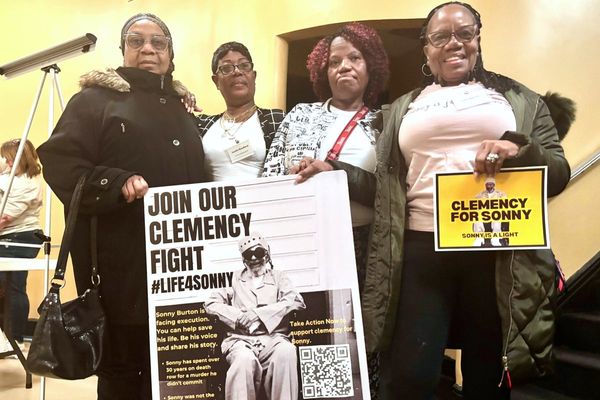
- A new study shows attorneys in corporate cases in Delaware are earning as much as 66 times their hourly rate. That has prompted venture capitalists to increase calls for their businesses to incorporate elsewhere or move their corporation out of the state. In the past five years, the number of payouts that were 10 times the lawyer’s standard rate were 57 times more frequent than in federal courts.
Lawyers in Delaware corporate cases are frequently earning up to 10 times their normal hourly rate from big corporations, according to a new study from a prominent Stanford law professor—and that’s fueling calls from the venture capital community for startups and corporations to consider leaving the state.
The study, from Stanford’s Joseph Grundfest, examined every shareholder case filed in the state since 2000, which saw attorneys paid “multipliers” for seven times and 10 times their typical rates. What it found was over the five-year period, the number of 7X multipliers (septuples) was 23.35 times more frequent in Delaware courts than in federal courts. And the number of 10X payouts (decuples) was more than 57 times more frequent in the state than in federal courts.
One lawyer, as a result of these multipliers, saw their rate jump to a jaw-dropping $35,000 per hour. Another received 66 times their normal rate.
The study is raising eyebrows in the venture capital community, with Bill Gurley, former general partner at Benchmark, emerging as the loudest voice.
“There’s an activist mentality in the Delaware courts,” he said in a podcast with fellow investor Brad Gerstner. “I read this and I think any company I’m involved with, I’m going to encourage them to leave. This is radically different than why I was told [businesses] should go to Delaware.”
On Twitter/X, he added, “Something is awry in Delaware and you should know the risks.”
Gurley has been a leading advocate for “DExit,” a movement for companies to move out of Delaware. The study from Grundfest, a well-known professor, could nudge more companies to make the move.
The revelation of the multipliers comes on the heels of a judge’s decision to void Elon Musk’s $56 billion pay package with Tesla. That company has since shifted its incorporation to Texas. (Musk also moved SpaceX.) Musk has been attempting to convince other corporations to leave Delaware as well, saying on Twitter/X that the judge in the case, Chancellor Kathaleen McCormick, is an “activist and politician, first and foremost.”
Bill Ackman, meanwhile, said his Pershing Square hedge fund will reincorporate in Texas or Nevada. And Meta, Walmart, Tripadvisor, and others have announced they are considering a move to reincorporate in other states. The Wall Street Journal, meanwhile, recently reported that three shareholders are seeking to reincorporate businesses they are affiliated with in Nevada or Texas, noting the examples of Barry Diller and Tripadvisor chairman Greg Maffei.
Texas and Nevada have emerged as the beneficiary of these retreats.
‘More damning than just …Tesla’
The Grundfest study also found the majority of these oversize multipliers came from just two chancery court judges. (“We draw no inferences from these data. Readers can reach their own conclusions,” the study reads.)
In the five-year period the study examined, there were 21 septuples and 14 decuples in Delaware. That nearly matches the entire federal system on septuples and is nearly triple the number of federal decuples.
“To me this is more damning than just the one Tesla thing,” Gurley said. “Delaware was a place where there was supposed to be business calm, where you didn’t expect chaos. This shows that chaos is being built into the system and it’s a recent development.”
While there’s plenty of talk of a DExit, Delaware isn’t likely to cede its position as the go-to place for businesses to incorporate easily. It has decades of case law, which provides precedent on an extraordinarily wide ranges of business issues, as well as a specialized, efficient courts dedicated to business matters, which helps companies identify and manage risk.
Delaware’s governor, Matt Meyer, says he is talking with corporate leaders to gather feedback and told Fortune earlier this year that changes will be coming in the short term.
“We need to be forward thinking,” he said, “and maybe do things a little differently to make sure we retain that status as the preeminent jurisdiction of choice for corporations around the world for many years to come.”







